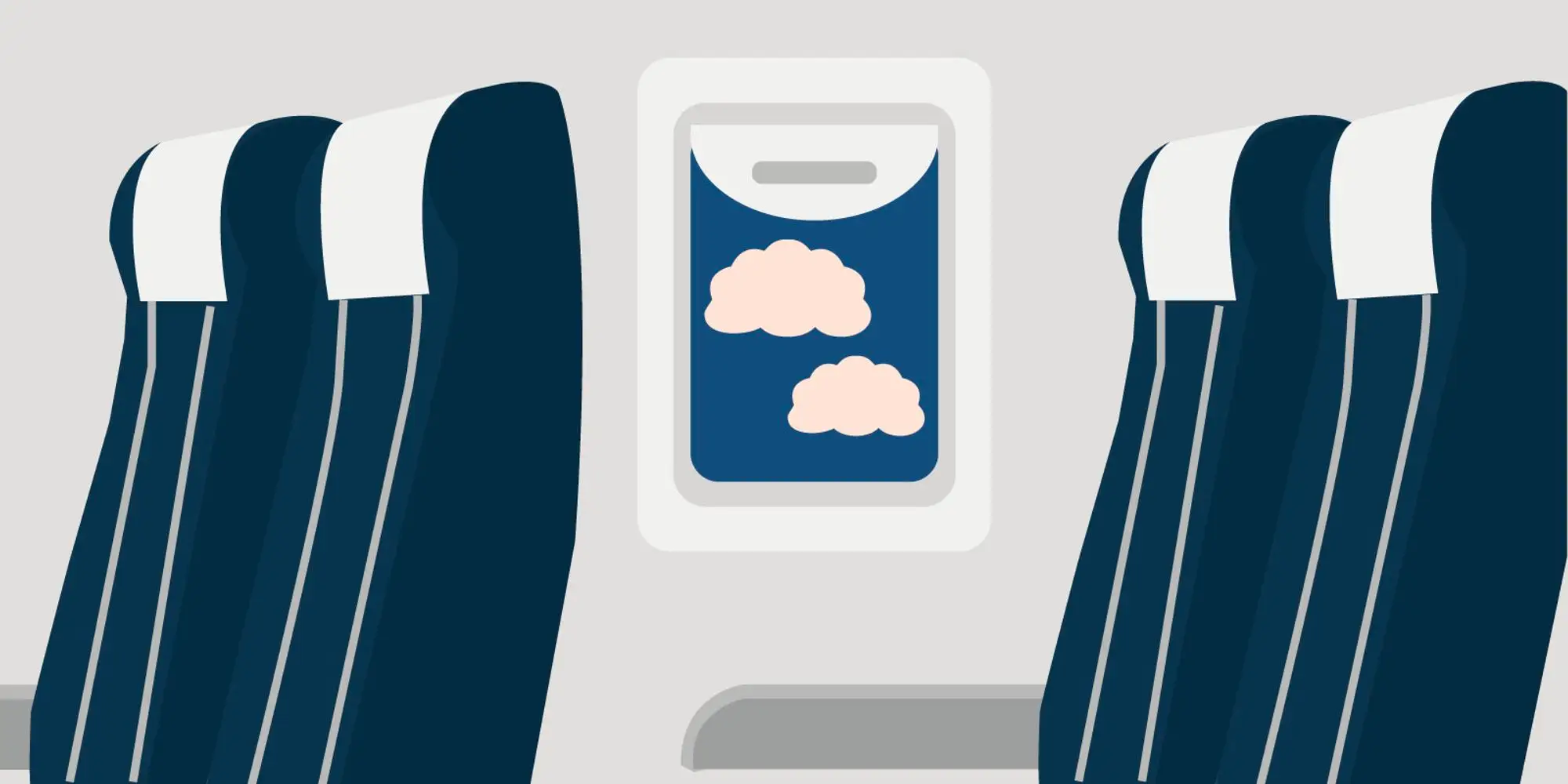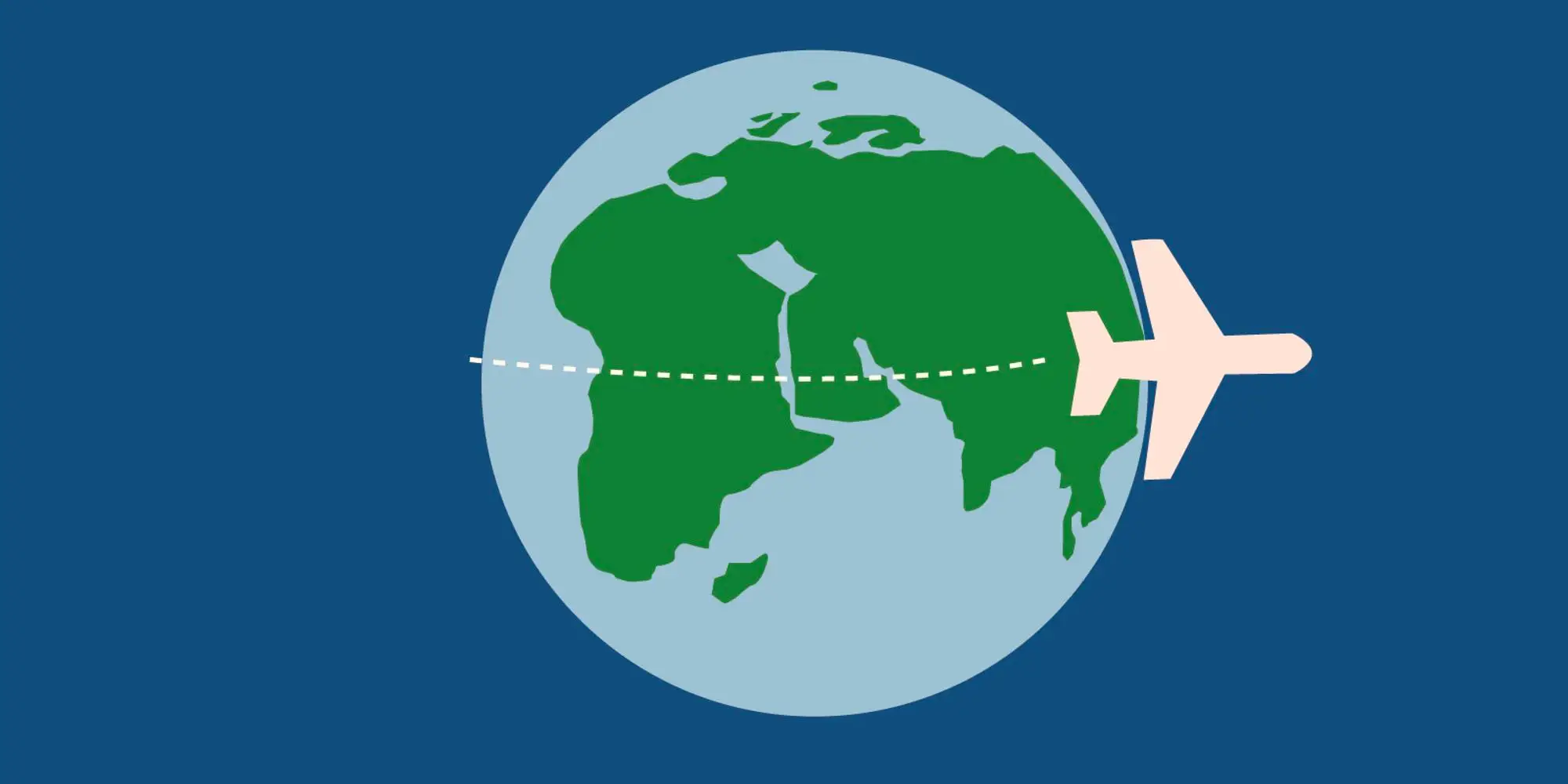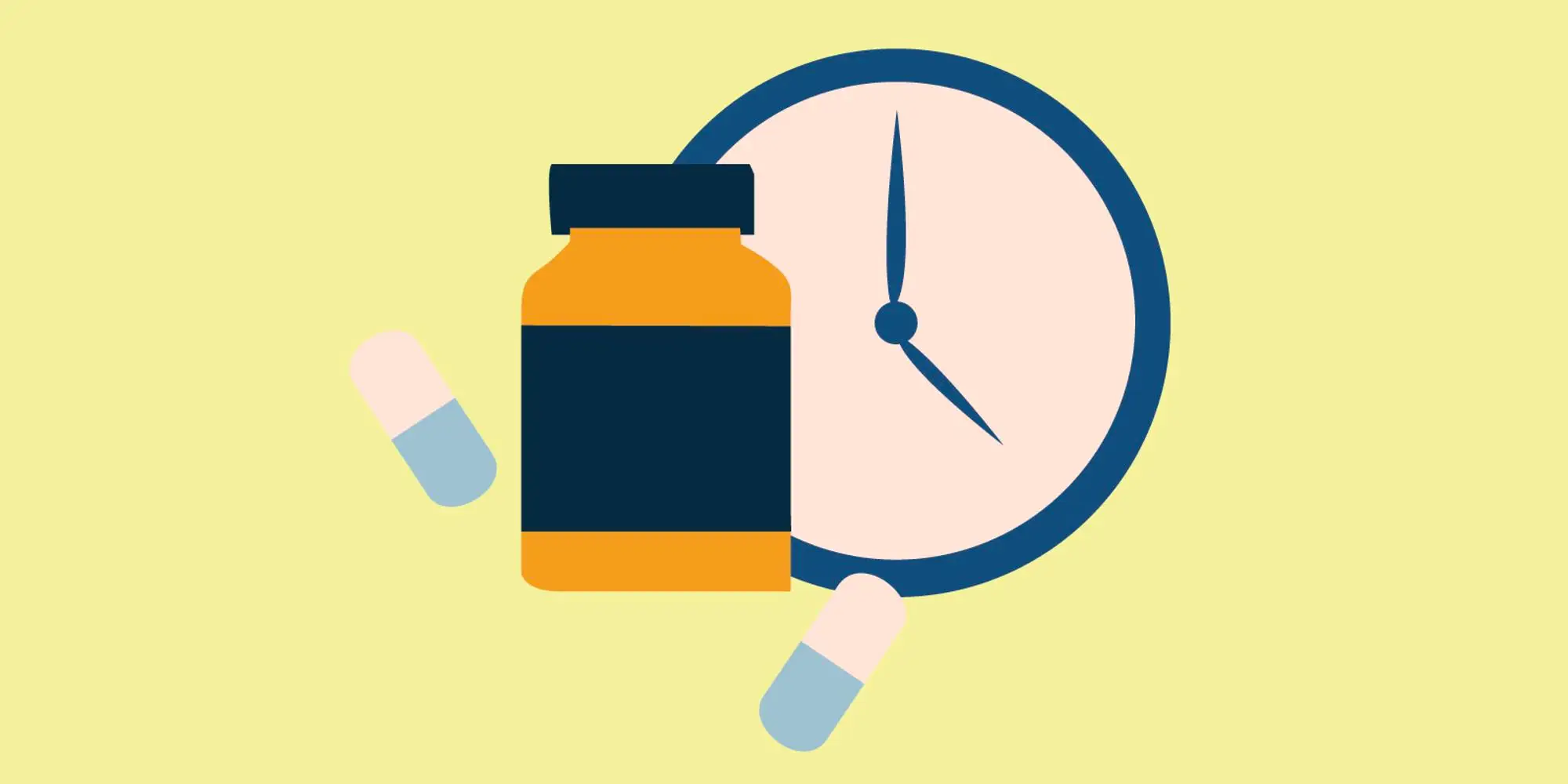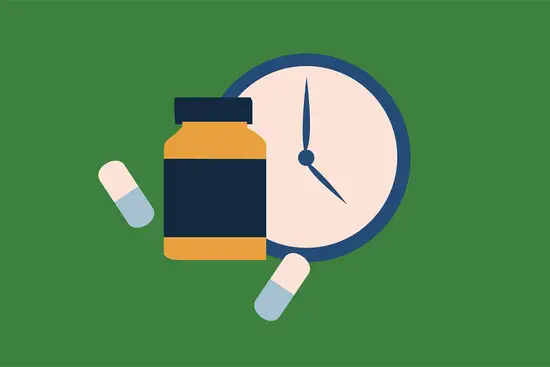Key points
If you’ve ever taken a long haul flight you’re probably familiar with jet lag and its symptoms. Whether you’re travelling for work or a long-awaited holiday, the last thing you want is for jet lag to wreak havoc on your first few days in your new destination. That’s why we’ve taken a deep dive into the topic to bring you everything we know about jet lag and sleep. In this article we’ll explore:
- what is jet lag?
- the causes of jet lag
- whether you can prevent jet lag
- what makes jet lag worse?
- how Sleepstation can help you get the best sleep possible before, during and after your flight.
What is jet lag?
Jet lag is a circadian rhythm sleep-wake disorder that happens when you travel across at least two different time zones at speed.
Our planet works on a 24-hour light and dark cycle and your body clock is in tune with this 24-hour rhythm. This is known as your circadian rhythm.1
Your circadian rhythm is a little flexible. This allows you to adapt to the difference in daylight as the year progresses and means you can still sleep despite the difference in daylight during summer or winter. But when your body experiences a big shift in the light/dark cycle, like when you travel across time zones, your body isn’t able to instantly adjust and so you start to feel jet lag.
Make healthy sleep habits a holiday essential
Jet lag might be unavoidable but poor sleep each night isn’t. If your sleep is already causing you problems before you travel, Sleepstation can equip you with the skills to be sleeping better within just a few weeks. With a personalised, multi-step plan and a team of dedicated sleep coaches supporting you throughout, our online sleep therapy could have you sleeping soundly in plenty of time for your trip.
The invention of air travel
Jet lag wasn’t always a problem.
For most of our history, people rarely travelled more than a few miles from where they were born. Even on horseback and riding the fastest horses, you’d not be able to travel much more than 75 miles in a day.
With the invention of the car and then early planes, longer distance travel became possible. But even by the early 1950s, flying from London to Tokyo would still take two whole days with several stops along the way. It wasn’t until the mid-1960s that jets finally had the speed and the range to make crossing several time zones in one day possible.
Planes have, of course, come a long way over the past few decades. It’s now possible to travel that same distance, London to Tokyo, in just 13 and a half hours. But the ability to travel so far in such a short time comes with consequences and a long list of symptoms.
The symptoms of jet lag
Jet lag happens when your body clock is unable to cope with the longer or shorter day you experience when you travel across time zones. This causes your body rhythms to become out of sync with the local time of your new destination.
This might mean you feel wide awake during the night as it’s just mid-morning back home. Or you might feel ready for dinner when everyone is just getting breakfast.
But jet lag doesn’t just make you feel wide awake when the locals are turning in for the night. Jet lag can also lead to a wide range of physical symptoms including:
- poor sleep, fatigue, insomnia
- headache, confusion, memory loss, lack of concentration
- changes in mood
- constipation, nausea, disrupted appetite, dehydration.
Jet lag can be affected by where and how you travel
If you’re travelling across two time zones or more, you’ll most likely experience jet lag. You might also find that the more time zones you cross, the more severe your jet lag is.
But there are other factors that can impact the effects of jet lag including how you travel and where you’re travelling to.
Jet lag vs travel fatigue
Flying can be a stressful and sometimes uncomfortable experience and this can lead to what’s known as ‘travel fatigue’. This isn’t to be confused with jet lag as it relates to the length of time travelled, rather than the number of time zones crossed.
Here’s an example:
If you travel from London to Johannesburg, you can expect to be on the plane for around 11 hours. But because you’ve travelled north to south, when you arrive you’ll only be an hour ahead of London.
You’ll probably feel travel fatigue, but you won’t have jet lag.2 3
You can experience both at the same time and travel fatigue can make coping with the effects of jet lag more difficult.
Unlike jet lag, travel fatigue can happen during any form of travel, whether by plane, boat or car. It isn’t caused by any certain length or type of trip, though many things can make travel fatigue worse including:
- flight delays
- motion sickness
- travel anxiety
- fear of flying
- stress relating to your trip.
Aircraft design
When it comes to flights, it might surprise you that even the design of the plane can have an impact on your comfort and stress levels while travelling.
On most planes, the seat density is so high that few of us have easy access to the aisle. This makes it difficult to get up and move about during a flight, making us inactive for a long time. Many people also worry about causing disruption to other passengers when needing to get past to visit the toilet and this can be an added stress.
And if you’re travelling in coach or economy, any chance of sleep is likely to be done while sitting up which isn’t an optimal position to sleep. If you’re lucky enough to be travelling in business or first class, you may find it easier to sleep with reclining seats or flat beds.4
You might also have seen stories in the news where big aircraft manufacturers claim their new aircraft are designed to reduce jet lag. This is because of design features such as slightly bigger windows, slightly lower cabin pressure or lights that change colour.
While these might make the flight a bit more pleasant and may help with travel fatigue, you’ll still experience jet lag because it’s the travelling across time zones, rather than the type of transport that’s the cause.5

Why is jet lag worse going east?
When it comes to jet lag, it’s not just how far you travel but the direction you travel in that’s important too.6
When you fly from east to west you’ll probably feel sleepy in the early evening of your new time zone.
Your body clock will be signalling that it’s biological night. Because your body is still signalling that it’s night, your circadian clock promotes sleep even though it’s much earlier in your new time zone.
Your body will then signal it’s biological day during the night or early morning and this can wake you up and make it difficult to get back to sleep.
When you fly in the opposite direction, from west to east, you’ll likely feel really alert when everyone else is getting ready to sleep. This is because your body clock is still signalling biological day, as it would be where you started your journey.
If you do get to sleep, you’ll then find it difficult to wake at your new morning time and function because your body clock will still be telling you it’s time to sleep (your biological night) even though it’s bright daylight outside.
Adjusting to flying west is usually easier to cope with because it’s similar to staying up later before going to bed. Most of us find this much easier than waking up and functioning really early in the morning or trying to force yourself to sleep when you’re wide awake and alert.
How to avoid jet lag
If you’re travelling at speed across at least two time zones, you’re probably going to experience some symptoms of jet lag. While jet lag itself is impossible to avoid, there are ways to reduce the severity of it.
Remaining on home time
If you’re on a short one to two day trip, you might be able to reduce the effects of jet lag by simply staying on your usual sleep/wake schedule.
This means you don’t change your watch once you arrive in your new time zone and carry on according to your normal schedule. This is only possible for a very short trip where it’s not important to adapt to a new time zone and wouldn’t be effective for a longer stay.7
Planning
Some people advise trying to anticipate jet lag by gradually moving your bedtime and wake time forwards or backwards in the run up to travelling. This is sometimes achieved using melatonin or artificial light, in the hope of helping your body clock adapt to the time in your destination.8
While this might have some small benefit, it won’t be effective for a large time zone change as it’s the light/dark cycle that controls your body clock. This makes it impossible to stray too far from your regular sleep/wake pattern before travel.
Planning ahead is key to helping lessen the effects of jet lag. That’s why we’ve compiled some useful tips to help you prepare for your journey at every stage.
Pre flight
- If you have an overnight flight, try to eat before you fly rather than waiting to eat on the plane. This gives you more time to sleep during your flight.
- Try to make sure you sleep as well as possible in the days before you travel.
In flight
- Adjust your watch to your destination’s time as soon as you get on the plane. Then try and eat and sleep according to the time on your watch.
- Think about when you eat and sleep during your flight. You wouldn’t normally eat a big meal and expect to sleep immediately after, so don’t plan to do this during your flight.
- Resist the urge to nap if you’re on a daytime flight. If you have a window seat, keep the blinds up until it’s dark outside.
- Avoid drinking excess alcohol during the flight. A glass of wine or beer with your meal isn’t going do you any harm but it’s best to avoid coping with jet lag and a hangover at the same time.
On arrival
- The sun affects our body rhythms so if it’s light when you arrive, try and go outside for a walk. Enjoy the fresh air and aim to stay up until it’s dark. Then you can follow your normal bedtime routine.
- If it’s dark on arrival, go to bed as soon as you can. Try to stick to your normal bedtime routine as this will encourage sleep and set your alarm for your chosen wake up time.
- Try to eat your meals according to the local time, even if you don’t feel like it. If you can’t face a full meal, try a snack or something lighter.
- Try to avoid driving or scheduling important meetings immediately after your flight.
How long does jet lag last?
As we’ve already said, no matter how well prepared you are, if you travel quickly across multiple time zones, you’re going to experience jet lag.
On average it tends to take us one to one and a half days per time zone crossed for your body to shake off the effects of jet lag, though as we’ve already mentioned, you may find it easier or harder to adapt depending on which direction you’re travelling.

How to get over jet lag
Even if you’ve followed all of the advice above, you may still feel you’re not at your best while your body adjusts to the new time. Here’s a list of aids and advice to help you lessen the effect of your jet lag.
Melatonin
One of the earliest uses for melatonin was to ease jet lag9 and it’s still probably the use that has the best level of evidence.10 11
Melatonin is a chronobiotic12 which means that it can help shift the timing of your sleep/wake cycle. This can, in turn, help you to adapt to your new time zone faster.
But the effectiveness of melatonin relies heavily on the correct dose and timing and these can be complex to work out. In fact, taking the wrong amount or at the wrong time could lead to the complete opposite of the desired effect.
It’s worth noting that melatonin isn’t available over the counter in all countries (including the UK) and may only be available on prescription. While you can buy it in the US, it isn’t regulated so what’s in the tablet may not be what’s claimed on the label.
Sunlight
Sunlight is the main influencer of your sleep/wake cycle so this means you can use it to help reduce jet lag symptoms.13 14
The effectiveness of this will vary from person to person but a rough guide to using sunlight is as follows:
Travelling east
- Less than nine hours ahead? Get exposure to light in the morning.
- More than nine hours ahead? Avoid light for three hours after dawn for the first three days. Then get exposure to light in the morning.
Travelling west
- Less than nine hours behind? Get exposure in the evening.
- More than nine hours behind? Avoid light for three hours before dusk for the first three days. Then get exposure to light in the evening.
If you have exposure to light at inappropriate times this can end up delaying your adjustment to your new time zone. It can also shift your circadian rhythms in the opposite direction.
Food and diet
There are no specific foods that are known to help with jet lag but the timing and types of meals you eat can have an effect. Choose healthy, light meals and avoid heavy, calorie-rich, fatty snacks to help reduce the risk of digestive trouble or nausea.
Caffeine
Caffeine can keep you alert in the short term but it can remain in the body for up to 10 hours at levels that disturb sleep.15 This means that using caffeinated drinks to try and stay awake can make sleep more difficult to come by right when you need to adjust to your new time zone.
Alcohol
Some people use alcohol to help them fall asleep either while flying or once they arrive at their destination. While alcohol can help you fall asleep, it disrupts your sleep later in the night, undoing any earlier benefits.16
Napping
If you’re really sleepy, it can be tempting to take a nap but this can turn into a much longer sleep and extend the time it takes for you to adjust to your new time.
Napping can give you a helpful boost but the timing and duration are absolutely key. If you nap for longer than 30 mins, it can make it more difficult to sleep at night and make it harder to adapt to your new time zone.17
Exercise
Exercise is, of course, good for your overall health and wellbeing and getting outside in the sunlight can help you adapt to your new time zone. That said, research shows that exercise alone is unlikely to reduce the symptoms of jet lag.18
It’s also worth remembering that if you exercise while very sleepy you strongly increase your risk of a sports-related injury.19
Sleeping pills
Unsurprisingly, insomnia is a common symptom of jet lag. Not only are you trying to sleep when your body thinks it’s daytime, there are lots of other factors at play that can make sleeping in an unfamiliar place difficult.
With this in mind, a short course of hypnotic medication such as zopiclone or zolpidem may aid sleep. Studies have shown that both drugs can improve total sleep time and sleep quality while also reducing awakenings.20 21 22 23 24
These studies didn’t make it clear whether the improvement in subjective sleep also leads to better daytime alertness. So it’s possible that, until your circadian clock has adjusted to local time, you’ll still experience daytime sleepiness even while sleeping better at night.
It’s also worth bearing in mind that medication that makes you sleep can come with a range of side effects. These could potentially outweigh the short-term benefit to your nighttime sleep.
But if you’re looking for a drug-free resolution to your sleeping issues, whether at home or away, Sleepstation can help.

Sleepstation can help you on your journey back to better sleep
Sleepstation is a digital sleep clinic which delivers effective, evidence-based sleep therapy entirely online. This means you get to decide exactly when you want to start improving your sleep and you can do it all from the comfort of your own home.
We use a form of Cognitive Behavioural Therapy (CBT) that’s designed specifically to address insomnia (abbreviated to CBTi). It’s a form of therapy that’s highly effective and offers results that persist after therapy is finished.
Sleepstation’s form of CBTi is fully supported, so you’ll have an expert team of sleep coaches offering you the support you need at every step to make sure you achieve the results you’re looking for and the great sleep you deserve
We’ve helped thousands of people just like you to regain control over their sleep, so why not take our short sleep quiz and see how we can help you back to sleeping soundly again in just a few short weeks?
Summary
- Jet lag happens when you travel across two or more time zones at speed.
- Jet lag make you feel extremely sleepy during the day or wide awake and unable to sleep at night.
- Though you can’t avoid jet lag, you can take steps to reduce the severity of it.
- Sleepstation can help make sure you have the skills to manage your sleep before, during and after travel.
References
- Czeisler CA, Duffy JF, Shanahan TL, Brown EN, Mitchell JF, Rimmer DW, et al. Stability, precision, and near-24-hour period of the human circadian pacemaker. Science. 1999;284(5423):2177–81. ↩︎
- Waterhouse J, Reilly T, Atkinson G, Edwards B. Jet lag: trends and coping strategies. Lancet. 2007;369(9567):1117–29. ↩︎
- Reilly T, Atkinson G, Waterhouse J. Travel fatigue and jet-lag. J Sports Sci.1997;15(3):365–9. ↩︎
- Nicholson AN, Stone BM. Influence of back angle on the quality of sleep in seats. Ergonomics. 1987;30(7):1033–41. ↩︎
- Conlin J. A jetliner is designed to fight jet lag. NY Times. 2006. Available here. (accessed 14 Aug2023). ↩︎
- Eastman CI, Burgess HJ. How to travel the world without jet lag. Sleep Med Clin. 2009;4(2):241–55. ↩︎
- Lowden A, Åkerstedt T. Reataining home-base sleep hours to prevent jet lag in connection with a westward flight across nine time zones. Chronobiol Int. 1998;15(4):365–76. ↩︎
- Haimov I, Arendt J. The prevention and treatment of jet lag. Sleep Med Rev. 1999;3(3):229–40. ↩︎
- Arendt J, Marks V. Can melatonin alleviate jet lag? BMJ. Clinical research. 1983;287(6389) ↩︎
- Brown GM, Pandi-Perumal SR, Trakht I, Cardinali DP. Melatonin and its relevance to jet lag. Travel Med Infect Dis. 2009;7(2):69–81. ↩︎
- Rogala M, Giżewska K, Kuc M, Jabłońska K, Łoś T, Lorenc K. Melatonin-a verified remedy for jet lag? Current state of knowledge. J Educ Health Sport. 2023;23(1):71–8. ↩︎
- Arendt J, Skene DJ. Melatonin as a chronobiotic. Sleep Med Rev. 2005;9(1):25–39. ↩︎
- Brown GM. Light, melatonin and the sleep-wake cycle. J Psychiatry Neurosci. 1994;19(5):345–53. ↩︎
- Samel A, Wegmann HM. Bright light: a countermeasure for jet lag? Chronobiol Int. 1997;14(2):173–83. ↩︎
- Landolt H-P, Werth E, Borbély AA, Dijk D-J. Caffeine intake (200 mg) in the morning affects human sleep and EEG power spectra at night. Brain Res 1995; 675: 67–74. ↩︎
- Aldrich M. Effects of alcohol on sleep. In Gomberg EL Hegedus AM, and Robert A. Zucker RA eds Alcohol problems and aging. U.S. Dept. of Health and Human Services, Public Health Service, National Institutes of Health, National Institute on Alcohol Abuse and Alcoholism 1998 ↩︎
- Bon OL. Jet Lag. In: Circadian Rhythm – Cellular and Molecular Mechanisms. InTech, 2018. ↩︎
- Waterhouse J, Reilly T, Atkinson G, Edwards B. Jet lag: trends and coping strategies. Lancet. 2007;369(9567):1117–29. ↩︎
- Chennaoui M, Arnal PJ, Sauvet F, Léger D. Sleep and exercise: a reciprocal issue? Sleep Med Rev. 2015;20:59–72. ↩︎
- Arendt J. Approaches to the pharmacological management of jet lag. Drugs. 2018;78(14):1419–31. ↩︎
- Suhner A, Schlagenhauf P, Höfer I, Johnson R, Tschopp A, Steffen R. Effectiveness and tolerability of melatonin and zolpidem for the alleviation of jet lag. Aviat Space Environ Med. 2001;72(7):638–46. ↩︎
- Jamieson AO, Zammit GK, Rosenberg RS, Davis JR, Walsh JK. Zolpidem reduces the sleep disturbance of jet lag. Sleep Med. 2001;2(5):423–30. ↩︎
- Paul MA, Gray G, Sardana TM, Pigeau RA. Melatonin and zopiclone as facilitators of early circadian sleep in operational air transport crews. Aviat Space Environ Med. 2004;75(5):439–43. ↩︎
- Daurat A, Benoit O, Buguet A. Effects of zopiclone on the rest/activity rhythm after a westward flight across five time zones. Psychopharmacology (Berl). 2000;149(3):241–5. ↩︎


